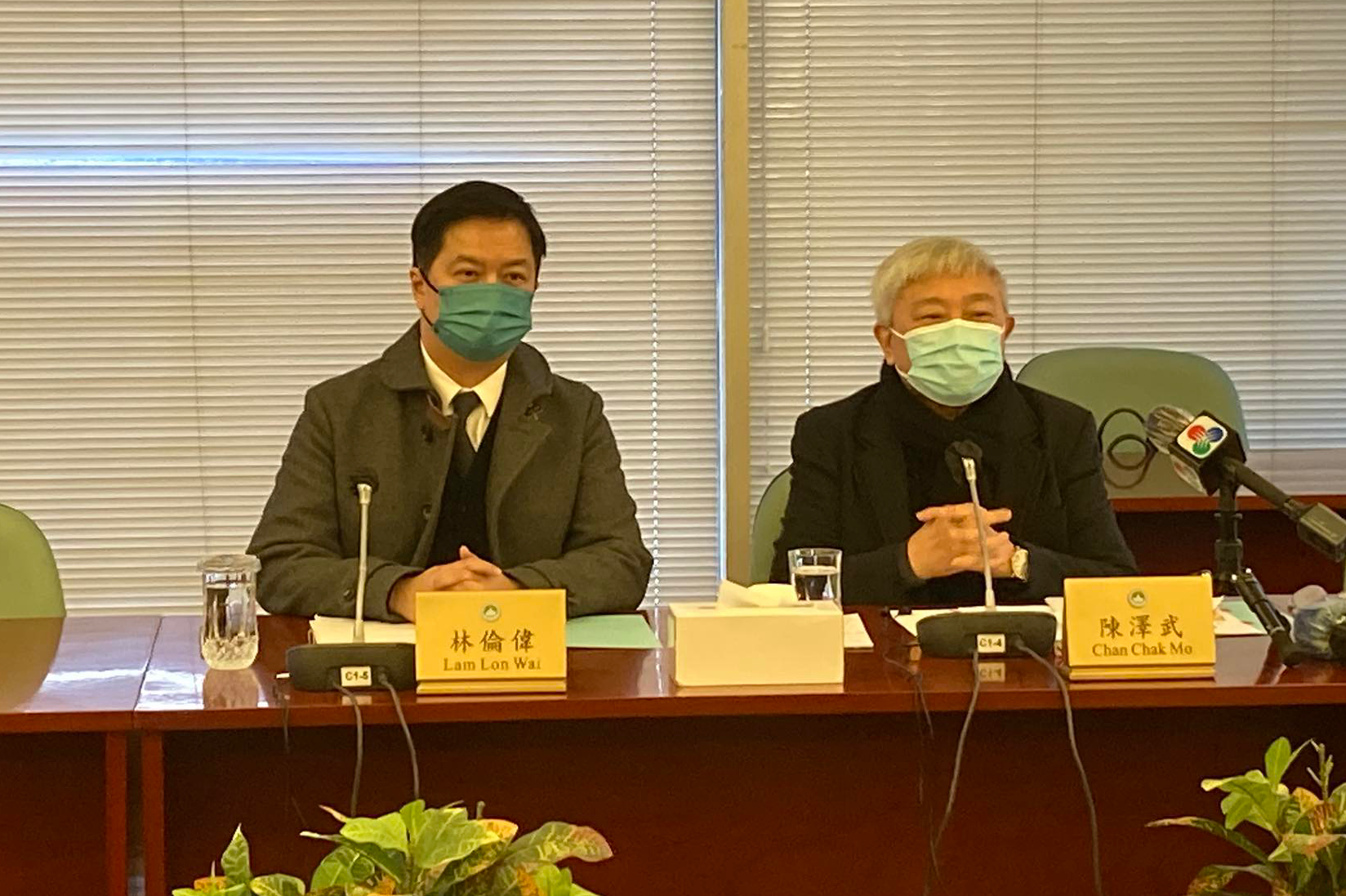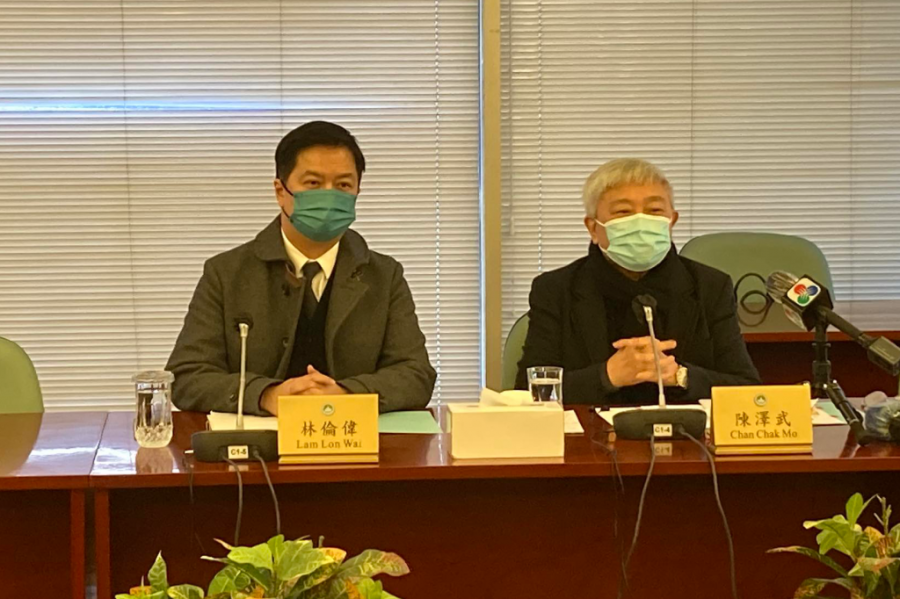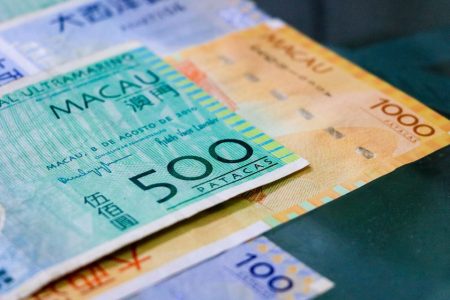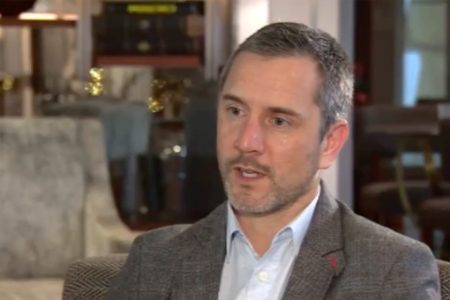Condominium unit owners rather than the government will carry out the redevelopment of their old buildings, lawmaker Chan Chak Mo, who chairs the Legislative Assembly’s 2nd Standing Committee, has advised.
The urban renewal bill is being reviewed by the committee after its outline was passed in December.
Speaking after the meeting, Chan said that some committee members asked why the bill proposes that it will not be the government to take the lead in the redevelopment process of old buildings.
According to Chan, officials explained that if the government led the redevelopment process, it might not be carried out efficiently and smoothly. The officials said that if the government led the redevelopment process it could make it “slower and more expensive”.
According to Chan, the officials underlined that the government will not buy the units owned by those who do not want the redevelopment of their old buildings as a way to enable the redevelopment to get off the ground, such as in the redevelopment of the seven blocks of dilapidated residential buildings in Iao Hon district, which is still in the planning stage, and other redevelopment projects in the future.
The officials said that the bill proposes that the redevelopment process will not be led by the government, in order to protect the property rights of condominium owners who do not want the redevelopment, according to Chan.
Chan quoted the officials as saying that according to the bill, the government-owned Macau Urban Renewal Limited will provide condominium unit owners with various forms of support and consultancy services for the possible redevelopment of their old buildings, such as helping the unit owners initiate an arbitration process.
The officials also said that the government will help the redevelopment process by speeding up the relevant administrative procedures and application processes, and the provisions of the relevant tax benefits and exemptions.
The bill proposes that the redevelopment of old buildings can only be carried out when a minimum percentage of the respective building’s condominium unit owners agree to it, ranging from 60 per cent to 85 per cent, depending on the age and condition of the buildings.
According to the bill, if the condominium unit owners pushing for the redevelopment of their building still cannot persuade the remaining condominium unit owners to back the project, an arbitration process can be initiated as a way to make it compulsory for the remaining condominium unit owners to “participate in” the redevelopment of their building.
Chan also quoted the officials as saying that if an old building is still in a good condition and is being properly maintained, it would not be proper to force the remaining condominium unit owners who do not want the redevelopment to participate.
Chan quoted the officials as saying that in addition to the redevelopment of old buildings, urban renewal also covers the maintenance and repairs of buildings, and the regeneration of old neighbourhoods.
The officials said that the urban renewal bill mainly addresses the redevelopment of old buildings, while various other issues and topics concerning urban renewal are covered by current laws such as the Land Law, the Cultural Heritage Protection Law, and the Urban Planning Law.
According to Chan, some committee members asked whether the urban renewal bill will only apply to single buildings, or also apply to a whole area with old buildings.
Chan pointed out that the bill proposes that a redevelopment project can be carried out through the amalgamation of a number of plots, but redevelopment projects to be carried out in such a way will have to comply with the Urban Planning Law.
Chan noted that a redevelopment project will have to be carried out in line with the city’s urban master plan, which took effect earlier this month, and the detailed urban development plans for different areas in the city – which are yet to be drafted by the government.
Chan mentioned a possible scenario in which an industrial building is located next to a residential building, saying that if the respective condominium unit owners plan to redevelop the two buildings through the amalgamation of the two plots, and whether the redevelopment projects can get off the ground will depend on the land use of the respective plots designated by the urban master plan and the respective detailed urban development plan for the area, The Macau Post Daily reported.






